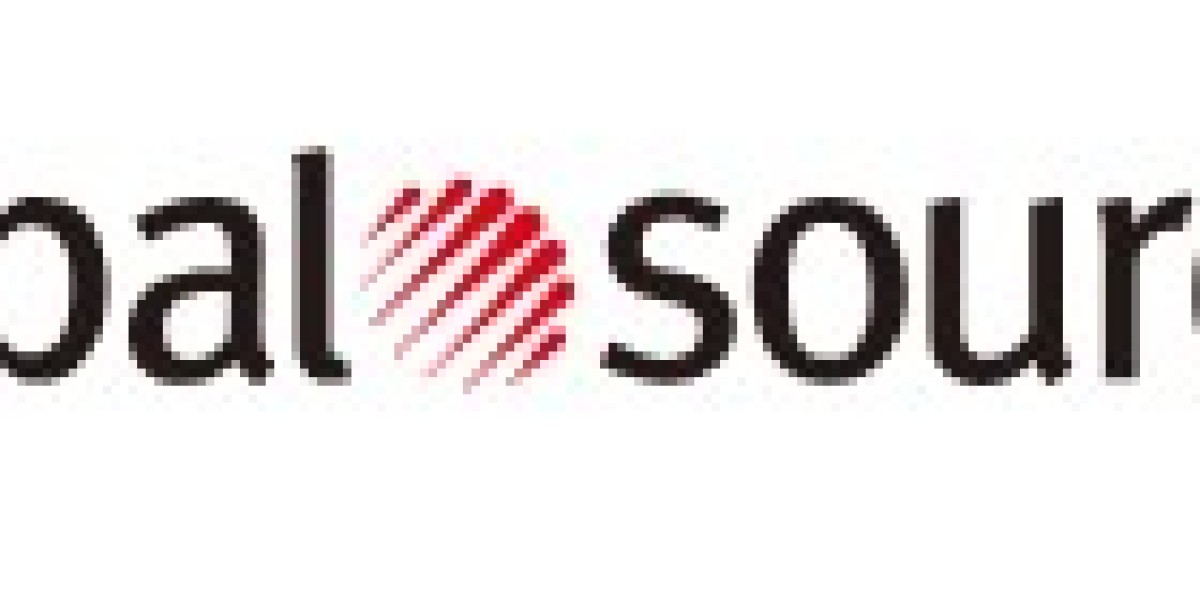Global Micro-LED Display Market size was valued at US$ 1.94 billion in 2024 and is projected to reach US$ 7.83 billion by 2032, at a CAGR of 18.9% during the forecast period 2025-2032
Micro-LED Display Market Overview
The Micro-LED Display Market refers to the global industry centered around the development, manufacturing, and commercialization of micro-light-emitting diode (Micro-LED) display panels. These displays use microscopic LEDs to form individual pixels and offer superior performance in terms of brightness, contrast, response time, and energy efficiency.
Unlike traditional LED and OLED technologies, Micro-LED displays do not require a backlight or color filters. Each pixel is an individual microscopic LED that emits its own light. This technology enables better control over luminance and color, resulting in high dynamic range (HDR), improved sharpness, and better readability under direct sunlight.
Micro-LED displays are gaining attention across several sectors including consumer electronics, automotive displays, medical devices, and wearable tech. They offer distinct advantages such as:
- Lower power consumption
- High brightness and contrast
- Improved durability and longevity
- Resistance to burn-in issues common in OLEDs
- Fast refresh rates and excellent color accuracy
Due to these benefits, Micro-LED technology is seen as a next-generation display solution poised to challenge OLED dominance across many high-performance display segments.
This report provides a deep insight into the global Micro-LED Display Market, covering all its essential aspects. This ranges from a macro-overview of the market to micro details of the market size, competitive landscape, development trend, niche market, key market drivers and challenges, SWOT analysis, value chain analysis, etc.
The analysis helps the reader to shape the competition within the industries and strategies for the competitive environment to enhance the potential profit. Furthermore, it provides a simple framework for evaluating and assessing the position of the business organization. The report structure also focuses on the competitive landscape of the Global Micro-LED Display Market. This report introduces in detail the market share, market performance, product situation, operation situation, etc., of the main players, which helps the readers in the industry to identify the main competitors and deeply understand the competition pattern of the market.
In a word, this report is a must-read for industry players, investors, researchers, consultants, business strategists, and all those who have any kind of stake or are planning to foray into the Micro-LED Display Market in any manner.
Get Full Report: https://semiconductorinsight.com/report/global-micro-led-display-market/
Micro-LED Display Key Market Trends :
Rapid Adoption in Consumer Electronics: Micro-LED displays are increasingly used in smartphones, TVs, and wearables due to their superior brightness and energy efficiency compared to traditional displays.
Shift Towards Large-scale Displays: Growth in demand for large-scale Micro-LED displays is driven by commercial and entertainment applications such as digital signage and video walls.
Technological Innovations: Continuous improvements in manufacturing processes are making Micro-LED displays more affordable and accessible, accelerating market expansion.
Rising Investments by Tech Giants: Companies like Apple, Samsung, and LG Display are investing heavily in Micro-LED technology, boosting innovation and production capabilities.
Expansion in Wearable Devices: The small- and medium-sized Micro-LED displays are gaining popularity in smartwatches and AR/VR devices due to their lightweight and high-resolution features.
Micro-LED Display Market Regional Analysis :
- North America:Strong demand driven by EVs, 5G infrastructure, and renewable energy, with the U.S. leading the market.
- Europe:Growth fueled by automotive electrification, renewable energy, and strong regulatory support, with Germany as a key player.
- Asia-Pacific:Dominates the market due to large-scale manufacturing in China and Japan, with growing demand from EVs, 5G, and semiconductors.
- South America:Emerging market, driven by renewable energy and EV adoption, with Brazil leading growth.
- Middle East & Africa:Gradual growth, mainly due to investments in renewable energy and EV infrastructure, with Saudi Arabia and UAE as key contributors.
Micro-LED Display Market Segmentation :
The research report includes specific segments by region (country), manufacturers, Type, and Application. Market segmentation creates subsets of a market based on product type, end-user or application, Geographic, and other factors. By understanding the market segments, the decision-maker can leverage this targeting in the product, sales, and marketing strategies. Market segments can power your product development cycles by informing how you create product offerings for different segments.
Market Segmentation (by Application)
- Smartphone & Tablet
- TV
- PC & Laptop
- Smartwatch
- Others
Market Segmentation (by Type)
- Large-scale Display
- Small- & Medium-sized Display
- Micro Display
Key Company
- Apple
- Samsung
- Sony
- Oculus
- VueReal
- LG Display
- Play Nitride
- eLUX
- Rohinni
- Aledia
Drivers
Superior Display Performance: Micro-LEDs offer better brightness, contrast, and energy efficiency than OLED and LCD, driving demand across multiple applications.
Growing Consumer Electronics Market: Increasing sales of smartphones, smartwatches, and TVs fuel the need for advanced display technologies like Micro-LED.
Investment in R&D: Strong focus on research and development by key players helps overcome manufacturing challenges and lowers costs.
Restraints
High Manufacturing Costs: The complex and expensive production process limits widespread adoption, especially in cost-sensitive markets.
Technical Challenges: Issues like mass transfer of tiny LEDs and yield rates affect production efficiency and market growth.
Competition from OLED and LCD: Established display technologies continue to dominate due to their mature supply chains and lower costs.
Opportunities
Emerging Applications: Growing demand in automotive displays, AR/VR devices, and digital signage offers new growth avenues.
Expansion in Asia-Pacific: Rapid urbanization and increasing consumer electronics penetration in countries like China, Japan, and South Korea create significant market potential.
Customization and Scalability: Ability to produce displays in various sizes and resolutions allows Micro-LED to cater to diverse industry needs.
Challenges
Scaling Production: Achieving mass production at competitive costs remains a significant hurdle for manufacturers.
Supply Chain Complexity: Sourcing high-quality materials and managing intricate assembly processes require robust supply chain strategies.
Market Education: Limited awareness about Micro-LED advantages among end-users slows adoption rates in certain regions.
Get A Sample Report : https://semiconductorinsight.com/download-sample-report/?product_id=96486
Key Benefits of This Market Research:
- Industry drivers, restraints, and opportunities covered in the study
- Neutral perspective on the market performance
- Recent industry trends and developments
- Competitive landscape & strategies of key players
- Potential & niche segments and regions exhibiting promising growth covered
- Historical, current, and projected market size, in terms of value
- In-depth analysis of the Flash Memary Market
- Overview of the regional outlook of the Flash Memary Market:
Key Reasons to Buy this Report:
- Access to date statistics compiled by our researchers. These provide you with historical and forecast data, which is analyzed to tell you why your market is set to change
- This enables you to anticipate market changes to remain ahead of your competitors
- You will be able to copy data from the Excel spreadsheet straight into your marketing plans, business presentations, or other strategic documents
- The concise analysis, clear graph, and table format will enable you to pinpoint the information you require quickly
- Provision of market value (USD Billion) data for each segment and sub-segment
- Indicates the region and segment that is expected to witness the fastest growth as well as to dominate the market
- Analysis by geography highlighting the consumption of the product/service in the region as well as indicating the factors that are affecting the market within each region
- Provides insight into the market through Value Chain
- Market dynamics scenario, along with growth opportunities of the market in the years to come
- 6-month post-sales analyst support
Customization of the Report
In case of any queries or customization requirements, please connect with our sales team, who will ensure that your requirements are met.
Related Reports :
https://semiconductorinsight.com/report/12-inch-semiconductor-silicon-wafer-market/
https://semiconductorinsight.com/report/global-gesture-sensor-market/
https://semiconductorinsight.com/report/iris-recognition-access-control-system-market/
https://semiconductorinsight.com/report/thermistor-temperature-sensor-market-2/
https://dineshsemiconductorsinsightspr.blogspot.com/2025/06/global-airport-queue-display-market.html
https://dineshsemiconductorsinsightspr.blogspot.com/2025/06/global-airport-clocks-market-market.html
https://dineshsemiconductorsinsightspr.blogspot.com/2025/06/global-field-installable-connector.html
https://dineshsemiconductorsinsightspr.blogspot.com/2025/06/global-consumer-network-connected.html
https://dineshsemiconductorsinsightspr.blogspot.com/2025/06/global-active-piezo-buzzer-market.html
https://dineshsemiconductorsinsightspr.blogspot.com/2025/06/global-electric-automatic-cigarette.html
https://dineshsemiconductorsinsightspr.blogspot.com/2025/06/global-cigarette-injector-rolling.html
https://dineshsemiconductorsinsightspr.blogspot.com/2025/06/global-tv-signal-analyzer-market.html
Contact us:








